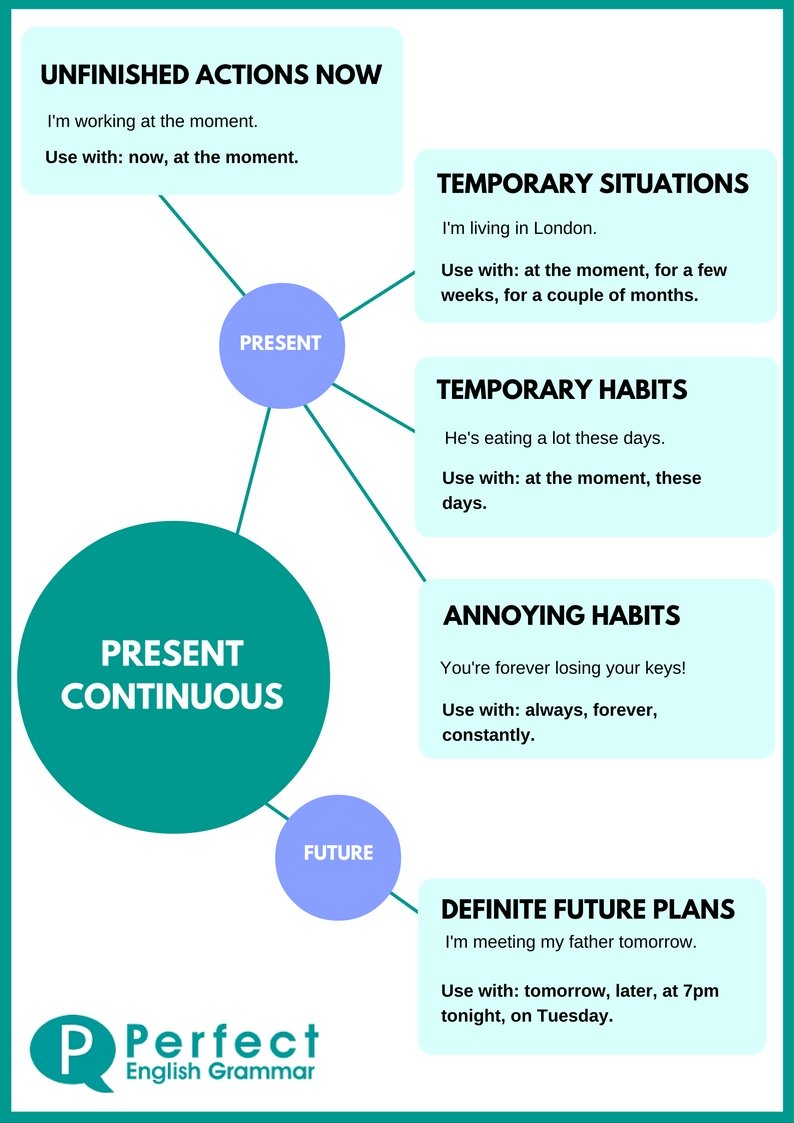Auld Lang Syne is a Scots poem written by Robert Burns in 1788 and set to the tune of a
traditional folk song. It is well known in many countries, especially in English-speaking countries, its traditional use being to celebrate the start of the New Year at the stroke of midnight.
It is common practice that everyone joins hands with the person next to
them to form a great circle around the dance floor. At the beginning of the
last verse, everyone crosses their arms across their breast, so that the right
hand reaches out to the neighbour on the left and vice versa. When the tune
ends, everyone rushes to the middle, while still holding hands. When the circle
is re-established, everyone turns under the arms to end up facing outwards with
hands still joined.
By
extension, it is also sung to symbolize other "endings/new beginnings" - including farewells, funerals (and other memorials of the dead), graduations. Moreover, the tune is played, and sung by the crowd, in the
final stages of the annual Edinburgh Military Tattoo.
The song's Scots title may be
translated into English literally as "old long since", or more
idiomatically, "long long ago", "days gone by" or
"old times". Therefore "For auld lang syne", as it
appears in the first line of the chorus, might be translated as "for (the
sake of) old times".






















